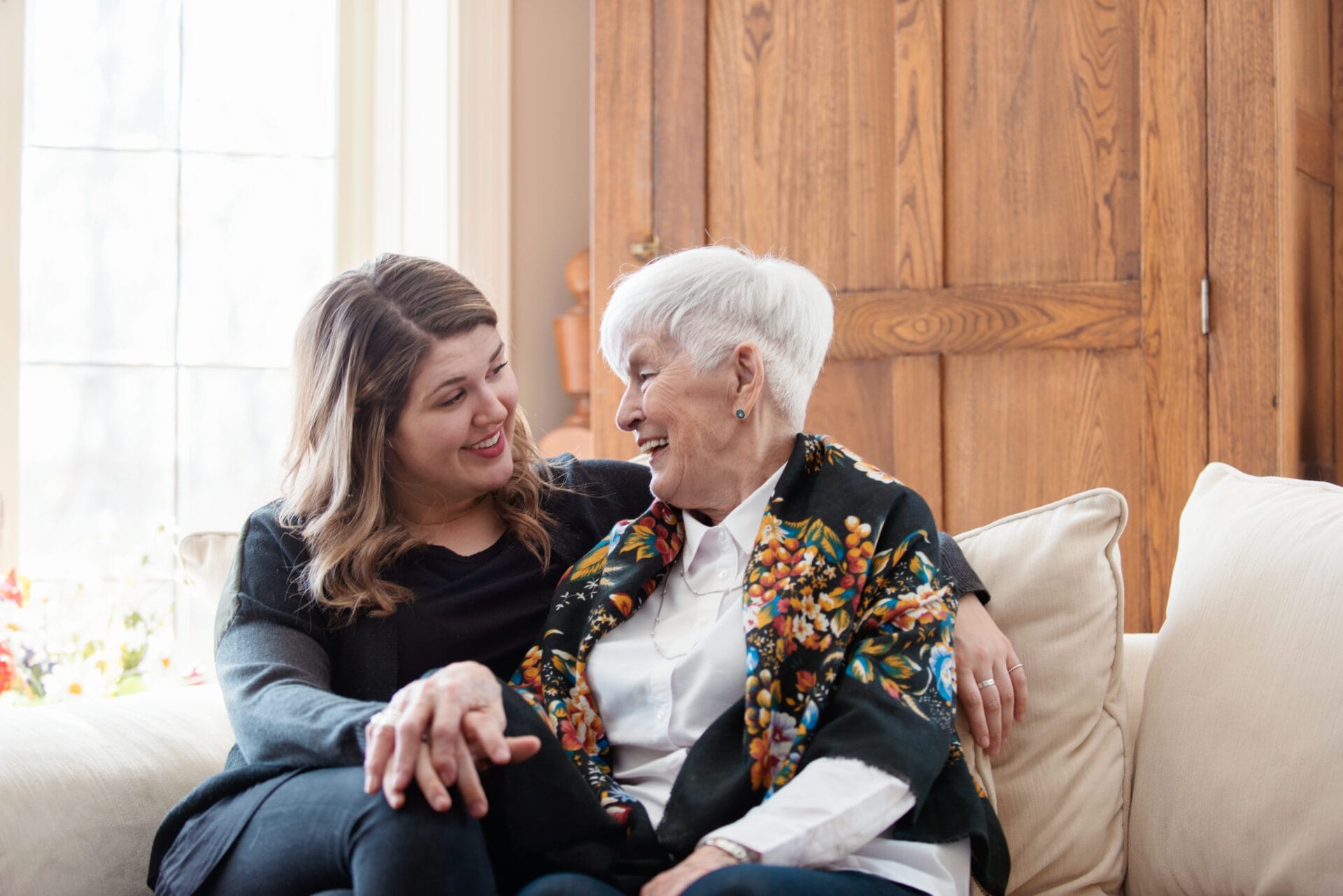
Most of us want to make sure the eldest members of our family are well cared for as they grow older.We want them to have everything necessary to be happy and healthy.But many older adults want to maintain their independence and privacy.
It can make them reluctant or even unwilling to ask for help.So, how can you tell if a senior loved one in your family needs help if they dont ask for it?If youre headed to a seniors home for the holidays and you havent been there in a while, plan to quickly assess their situation.It might be that part of your holiday visit home should include touring local assisted living communities.Warning Signs a Senior Loved One Might Need HelpWhen an older adult needs help, there are almost always red flags.
Sometimes the warning signs are big ones, such as repeated falls or making life-threatening mistakes managing medications.More often, however, the earliest changes are more subtle and easy to overlook.If youre wondering how your family member is really managing their independence, here are a few warning signs to look for during your visit:House or yard that needs attentionWell start with what to watch for around your family members home that could be a red flag that they are struggling.It might be tough to do, but try to take an objective walk around their home and yard to look for potential warning signs:A change in their housekeeping habits, such as dirty dishes piled on the counter or dirt and clutter in a house that was always clean and tidy, could mean the senior is having trouble with routine household tasks.Expired foods in the refrigerator or a trash can full of unhealthy frozen dinner packages might signal problems preparing meals or shopping for groceries.Unpleasant odors around the house can indicate their home isnt being properly cleaned or their personal hygiene has been neglected.An unkempt exterior that needs repairs or lawn care thats been neglected are other clues a senior is struggling.Changes in their appearanceYoull also want to look for physical changes that may indicate help is needed:A senior who was always particular about their appearance looks a little disheveled or poorly dressed.
Examples are wearing clothing inappropriate for the season or the time of day, or hair that looks like it needs to be washed or cut.These can suggest physical or emotional difficulties, including depression, poor nutrition, balance problems or overall weakness.Unexplained bruises or scrapes, especially on their arms and legs, are often signs of falls or near falls.Thats important to identify, as falls are the leading cause of injury in seniors.An unintended change in weight could be due to poor nutrition, an undiagnosed health issue or depression.
Both weight gain and weight loss can indicate a problem.Cognitive and emotional concernsAlso be aware of red flags that the senior is experiencing a decline in cognition:Forgetfulness could impact their ability to complete daily tasks independently.It might be trouble keeping track of the day and time or even remembering how to get home from the grocery store.Struggling to keep up their end of the conversation can be linked to short-term memory loss.It can lead to a senior avoiding socializing with friends and family.Confusion and frequent mood changes are other signals of deteriorating cognitive or mental health.
(But they can also be signs of reversible conditions, such as an infection or a vitamin deficiency, so its important to get this one checked out.)Agitation, anxiety or mood swings that worsen in the evening might be Sundowners Syndrome, a common condition among people with Alzheimers disease.What Should You Do Next?If you suspect something is wrong, try not to overreact or think the worst.Its easy to panic and conclude that you need to sell their house and move your loved one to a nursing facility to keep them safe.Unless you think your family member is in immediate jeopardy, take time to thoughtfully evaluate the situation.Schedule an appointment with their primary care doctor to discuss their status.
Remember, the root cause might be something that is fairly easily addressed, such as a vitamin deficiency caused by a poor diet, rather than a serious health crisis.Or it could be that an older home is just too much for a senior to keep up with any longer.For situations like these, a move to an assisted living community can be a solution.We have a good resource to help you figure out what steps you should take next: Should You Talk About and Visit Assisted Living During the Holidays?
Publisher: Senior Living Communities ( Read More )

